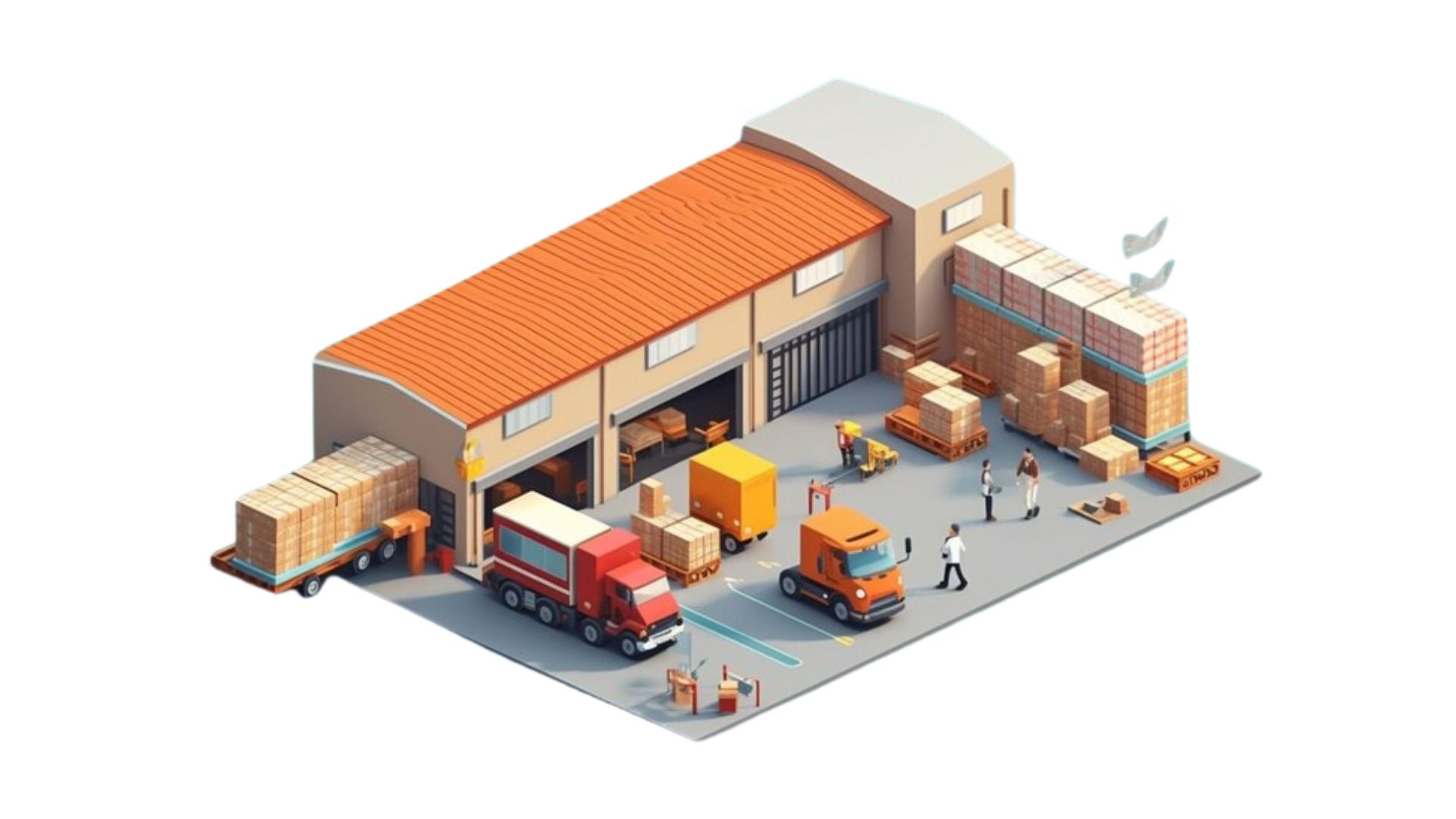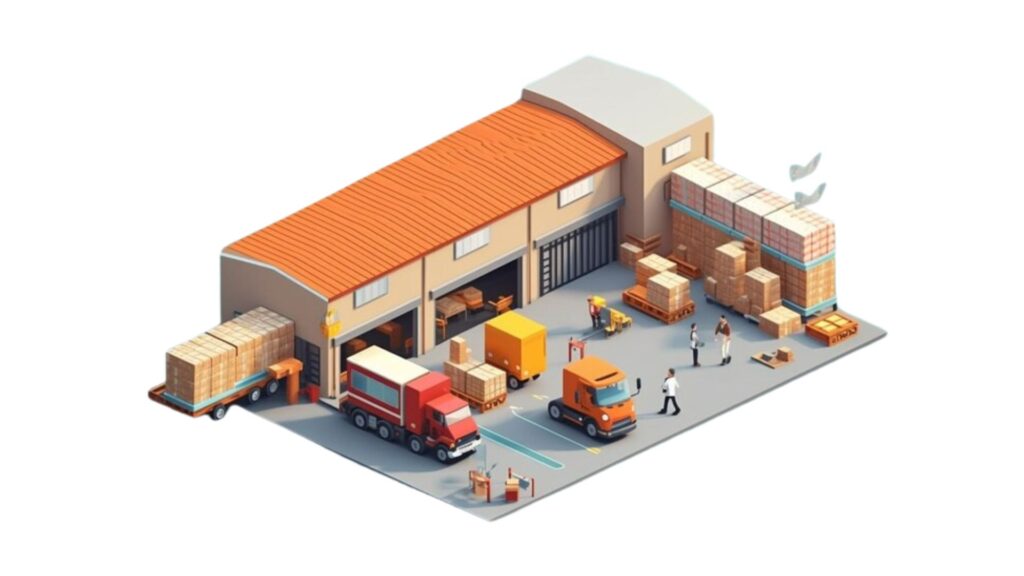
15 Jun GST Ruling on 3P FTWZ Transactions: Expert Insights

Introduction
Understanding the implications of GST on transactions involving goods stored in third-party free trade warehousing zones (3P FTWZ) under the Manufacturing and Other Operations in Warehouse Regulations (MOOWR) scheme is crucial for businesses engaged in import and trade activities in India.
Facts of the Case
M/s. Sunwoda Electronic India Private Limited (“the Applicant”) specializes in importing and trading Portable Lithium System Batteries classified under 85076000. They have entered into a warehousing agreement with M/s. DHL Supply Chain India (P) Ltd. for storing imported goods in the 3P FTWZ. Additionally, the Applicant has a contractual arrangement with an Original Equipment Manufacturer (OEM) licensed under Section 65 of the Customs Act, 1956, along with MOOWR regulations, for the supply of these batteries.
Goods imported by the Applicant are sold to the OEM’s MOOWR unit while they are still in the 3P FTWZ. Subsequently, these goods are cleared under bond by the OEM’s MOOWR unit based on their operational needs.
Issue
The central issue in this case revolves around the applicability of Goods and Services Tax (GST) on the sale of goods that are warehoused in a 3P FTWZ on an ‘as is where is’ basis to customers who further clear these goods to a bonded warehouse under the MOOWR scheme.
Held
The Advance Ruling Authority of Tamil Nadu, in Advance Ruling No. 06/ARA/2024 dated April 30, 2024, has provided the following clarification:
The ruling emphasizes that under Clause 8(a) of Schedule III of the CGST Act, the supply of warehoused goods to any person before clearance for home consumption is not considered a taxable event for GST purposes. This provision is applicable to goods stored in FTWZ/SEZ, as specified under the SEZ Act and Customs Act. The SEZ Act, in conjunction with relevant SEZ Rules and CBIC Circulars, affirms that goods transferred to a bonded warehouse under MOOWR regulations are treated as warehoused goods until they are cleared for home consumption. Therefore, GST liability does not arise at the time of sale from 3P FTWZ to the OEM’s MOOWR unit.
Furthermore, it is underscored that the MOOWR scheme operates under duty deferment principles, where import duties (including BCD and IGST) are deferred until the goods are eventually cleared from the bonded warehouse for domestic consumption.
In conclusion, the ruling clarifies that transactions involving the sale of goods stored in 3P FTWZ to a bonded warehouse under the MOOWR scheme do not attract GST, aligning with the provisions laid down in Schedule III of the CGST Act.
Conclusion
The ruling by the Tamil Nadu AAR provides much-needed clarity on the GST implications for businesses operating within FTWZ under the MOOWR scheme. It ensures that businesses can plan their operations effectively without undue tax liabilities during the movement of goods from FTWZ to bonded warehouses.


No Comments